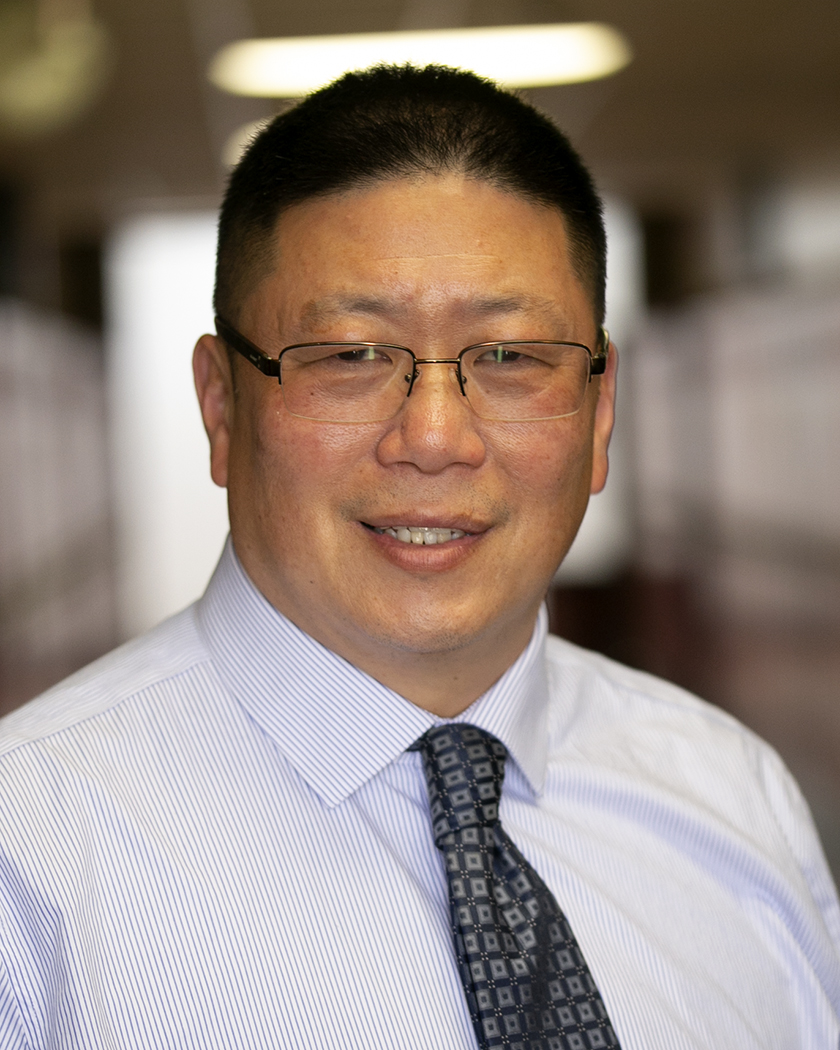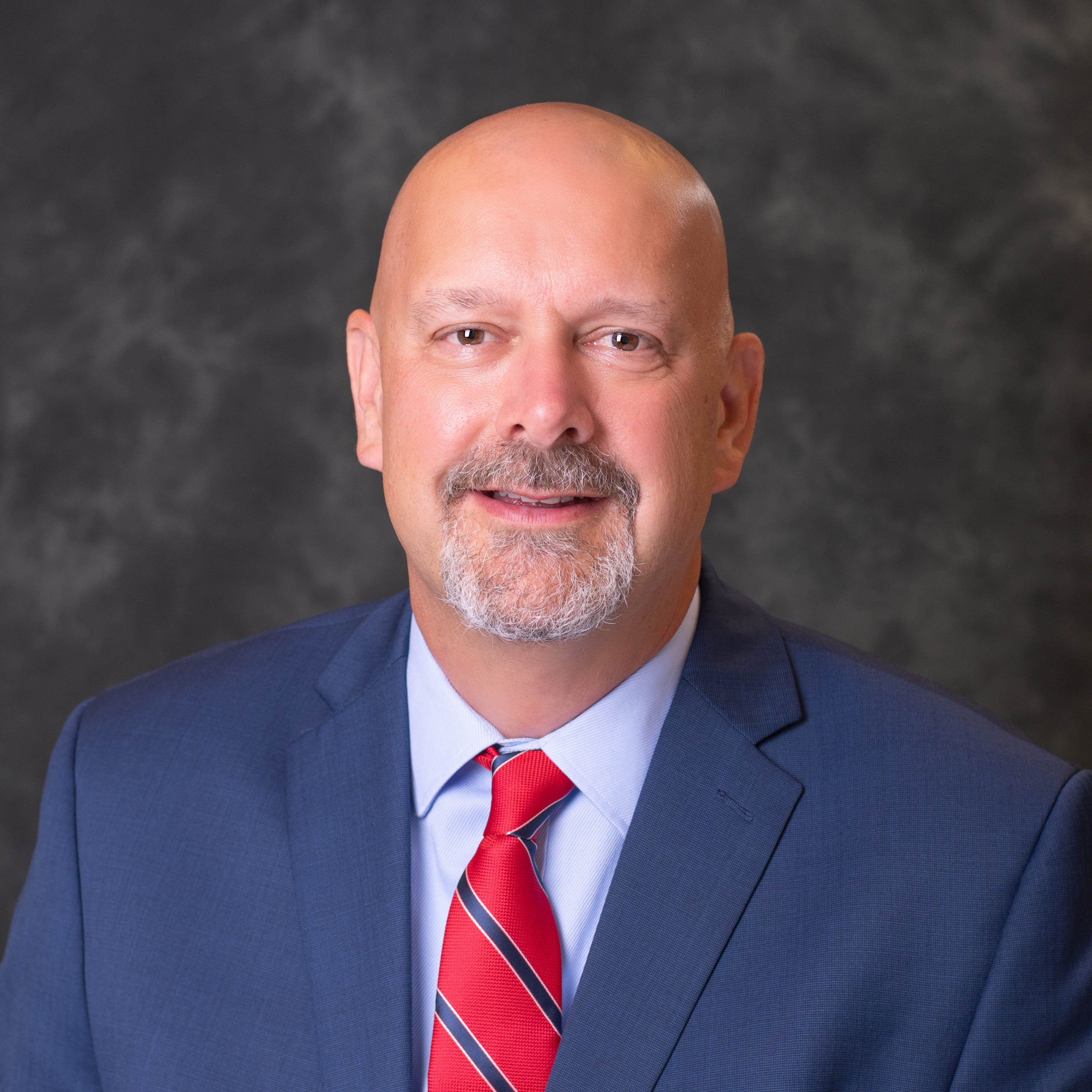Hard history teaches if we listen
By Richard Mui, history teacher
Plymouth-Canton Education Association

AAPI History, Issues and Culture; and
Civics at Canton High School.
We often hear the word “unprecedented” to describe the current civic and political landscape of the United States, but we have seen parts of this story before. I teach Advanced Placement U.S. History at Canton High School, and I recognize echoes of dark chapters from America’s past.
Knowledge — not nostalgia — should inform this fraught moment. Despite our discomfort, we must learn and teach difficult history to understand its lessons and make a better future. What is at stake affects all Americans and the freedoms we value.
Throughout U.S. history, immigrants have made important contributions to this country yet suffered scapegoating and backlash particularly in times of social and economic upheaval. The first law in the U.S. to restrict the immigration of a particular group was the Chinese Exclusion Act of 1882.
Scapegoating never stops with one vulnerable group, and backlash doesn’t end with bans.
By 1907, restrictions on immigration extended to people from Japan, Korea, India, and eventually all of Asia, and violence throughout the West sought to drive out Asian immigrants in the country. In 1924 the National Origins Act limited immigration from southern and eastern Europe for similar reasons.
These policies reached a zenith in World War II when 120,000 Japanese Americans, of which 80,000 were American citizens, were forcibly rounded up and incarcerated in camps, losing dignity along with homes, businesses, possessions — a shameful episode for which President Ronald Reagan later apologized and paid reparations.
Immigration reopened to excluded groups in 1965, and progress has been made since then, for example in Asian-Americans’ economic participation, political representation, and cultural influence.
However, it’s two steps forward, one step back. In 2020 anti-Asian hate crimes surged nationwide due to racist stereotypes and scapegoating of Chinese people amid the global pandemic. Mark Twain once said, “History doesn’t repeat itself, but it often rhymes.” That is what we are experiencing today.
All new immigrant communities progress through three distinct phases: Survival, remembering, and imagining. The first generation to leave home for a new place sacrifices for children and grandchildren, then works to keep memory alive, before next generations create the dreamed-of future.
All of the research shows immigrants benefit economies and cultures in their adopted countries. They perform labor, become educated, open businesses, pay taxes, buy homes, pursue dreams.
Yet again now in the U.S., immigrants are being used as a scapegoat for society’s ills. People are being picked up off the street and held in a growing number of detention camps and prisons — some deported — without due process. This includes American citizens and legal residents.
Due process, the constitutional right to know and defend charges against you, is in peril. Birthright citizenship faces challenges. Weakening of these rights could open the door to abuses by a government that is now also openly attacking constitutionally protected free speech.
All Americans should be alarmed by this dangerous erosion of norms threatening our civil liberties. Please stay informed, talk about what you’re seeing, and act on your knowledge. The question has always been and remains: How can we form a more perfect union?
What we do in this moment will speak to who we are as Americans — and who we want to be.
Richard Mui teaches AP U.S. History; AAPI History, Issues and Culture; and Civics at Canton High School where he is Teacher Leader for the social studies department, freshman football head coach, and Asian Pacific American Club advisor. Outside of school Richard is Board president for the Association of Chinese Americans.



